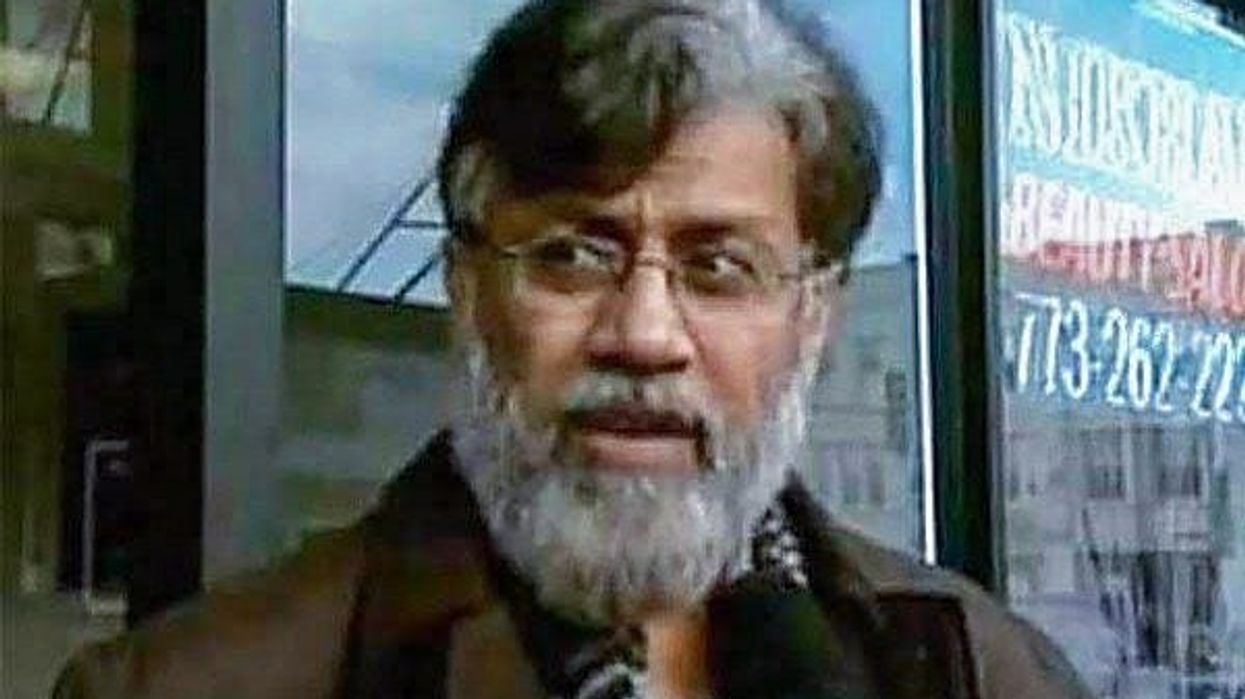PAKISTANI CANADIAN businessman Tahawwur Hussain Rana, sought by India for his involvement in the 2008 Mumbai terror attacks, has been ruled extraditable to India by a US court in California under the extradition treaty between the two countries.
A panel of judges from the US Court of Appeals for the Ninth Circuit ruled on an appeal filed by 63-year-old Rana. They upheld the decision of the district court in the central district of California, which had denied his habeas corpus petition.
He had challenged a magistrate judge's certification of his extradition to India for his alleged role in the terrorist attacks in Mumbai.
Rana, currently lodged in a jail in Los Angeles, faces charges for his role in the 26/11 Mumbai attack and is known to be associated with Pakistani-American Lashkar-e-Taiba (LeT) terrorist David Coleman Headley, one of the main conspirators of the terror incident.
Under the limited scope of habeas review of an extradition order, the panel held that Rana’s alleged offence fell within the terms of the extradition treaty between the US and India, which included a Non Bis in Idem (double jeopardy) exception to extraditability “when the person sought has been convicted or acquitted in the Requested State for the offence for which extradition is requested”.
Relying on the plain text of the treaty, the US state department’s technical analysis, and persuasive case law of other circuits, the panel held that the word “offence” refers to a charged crime, rather than underlying acts, and requires an analysis of the elements of each crime.
The panel of three judges concluded that a co-conspirator’s plea agreement did not compel a different result. The panel held that the Non Bis in Idem exception did not apply because the Indian charges contained distinct elements from the crimes for which Rana was acquitted in the US.
In its ruling, the panel also held that India provided sufficient competent evidence to support the magistrate judge’s finding of probable cause that Rana committed the charged crimes. The three panel of judges were Milan D Smith, Bridget S. Bade, and Sidney A Fitzwater.
Rana, a Pakistani national, was tried in a US district court on charges related to his support for a terrorist organisation that carried out large-scale terrorist attacks in Mumbai.
A jury convicted him of providing material support to a foreign terrorist organisation and conspiring to provide material support to a foiled plot to carry out terrorist attacks in Denmark.
However, the jury acquitted Rana of conspiring to provide material support to terrorism-related to the attacks in India. After Rana served seven years in prison for those convictions and upon his compassionate release, India issued a request for his extradition to try him for his alleged participation in the Mumbai attacks.
Before the magistrate judge who initially decided Rana’s extraditability (the extradition court), Rana argued that the US extradition treaty with India protected him from extradition because of its Non Bis in Idem (double jeopardy) provision. He also argued that India did not provide sufficient evidence to demonstrate probable cause that he committed the charged crimes.
The extradition court rejected Rana’s arguments and certified that he was extraditable. After Rana raised the same arguments in a habeas petition in district court (the habeas court), the habeas court affirmed the extradition court’s findings of facts and conclusions of law.
Rana has the option of appealing against this ruling. He still has not run out of all the legal options to prevent his extradition to India.
A total of 166 people, including six Americans, were killed in the 2008 Mumbai terror attacks in which 10 Pakistani terrorists laid a more than 60-hour siege, attacking and killing people at iconic and vital locations in Mumbai.
(PTI)





